1 Avoid Carbonated Drinks After Alcohol Consumption
It is a common habit to reach for a carbonated soft drink after drinking alcohol, as we believe it helps us stay alert or reduces the spiciness of the liquor. However, this habit may cause you to get drunk faster and can have negative effects on your kidneys and cause headaches, among other things. While it may seem harmless, it is actually very detrimental to your health.
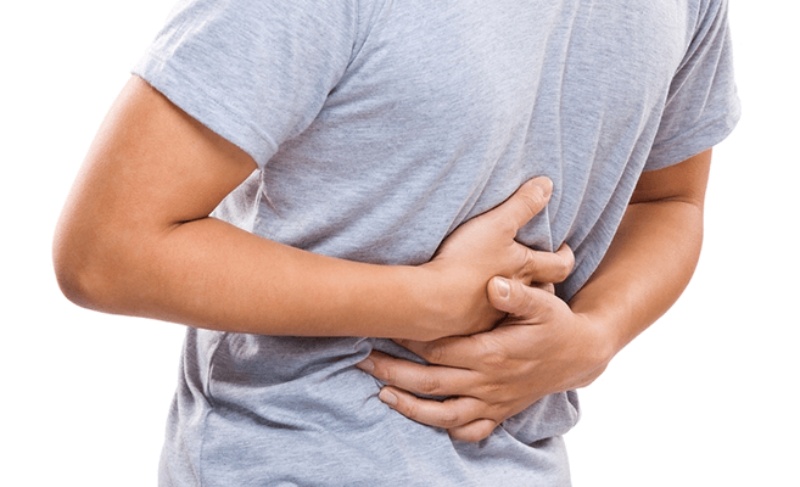
2 Overconsumption
Both adults and children enjoy drinking large quantities of carbonated soft drinks. The sweetness and taste can be addictive, especially for young children. According to health research, consuming too much of these drinks can lead to cardiovascular disease, obesity, diabetes, tooth enamel damage, liver damage, and an increased risk of certain cancers. So, it’s best to kick the carbonated soft drink habit and opt for healthier alternatives.
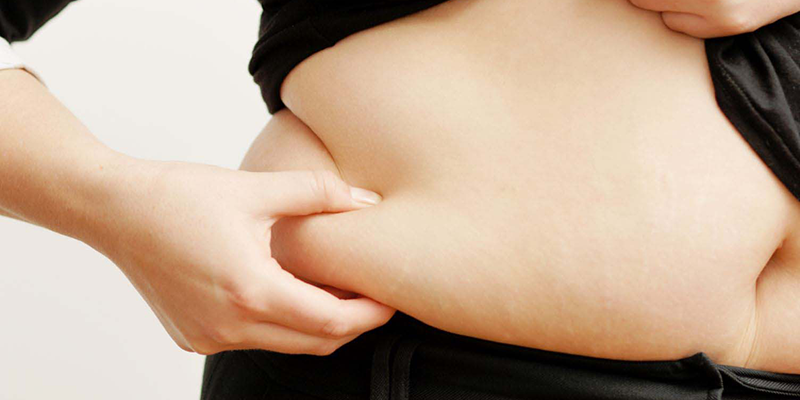
3 Drinking Too Quickly and in Large Amounts
Have you ever felt “drunk” from drinking too much carbonated soft drink at once? Consuming large amounts in a short period can have a direct negative impact on your heart, kidneys, and stomach. A common symptom is heart fatigue or a rapid heartbeat.
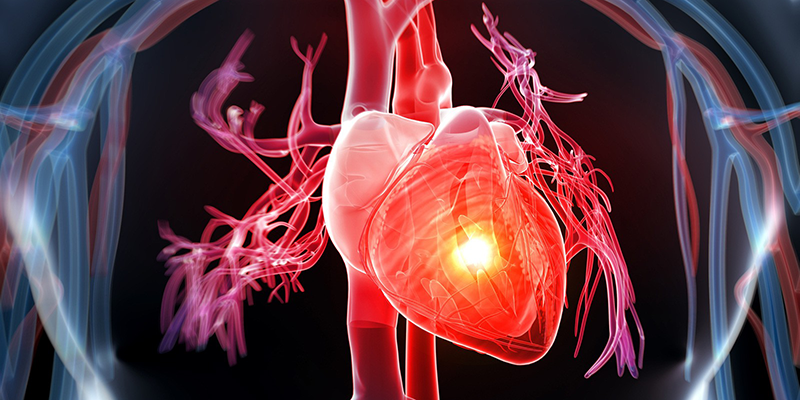
4 Holding the Drink in Your Mouth for Too Long
Doing so can seriously damage your throat. Holding carbonated drinks in your mouth for extended periods can cause throat congestion and disorders. This may lead to swelling or pain in the throat, as well as tooth enamel damage and cavities.
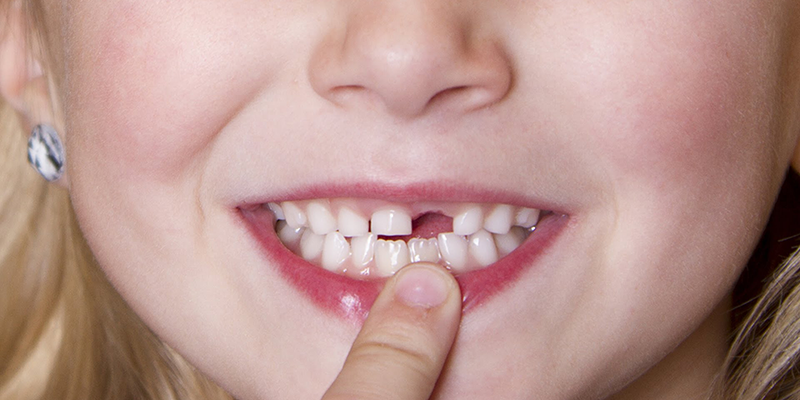
5 Consumption with Stomach and Duodenal Ulcers
Individuals with stomach and duodenal ulcers should stay away from carbonated soft drinks. These drinks contain high levels of CO2, and prolonged consumption can lead to the accumulation of gas in the stomach, exacerbating ulcers and increasing the risk of stomach perforation.
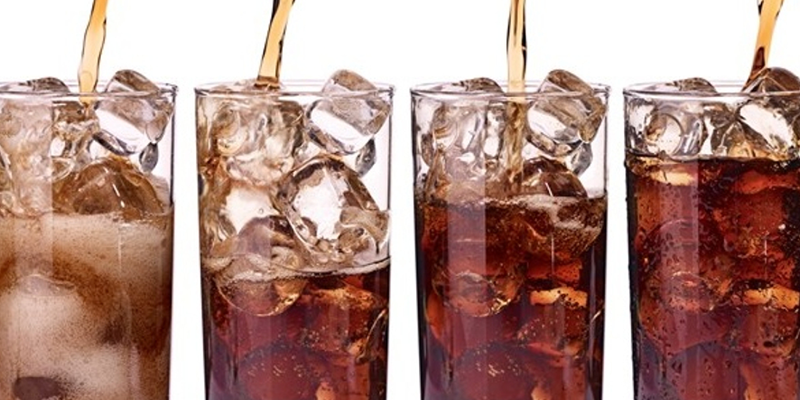
6 Drinking with Meals or at Parties
It is a common practice to drink carbonated soft drinks during meals or at parties to aid digestion. However, this is a mistake. The CO2 in these drinks weakens the digestive juices in the stomach, reducing its ability to break down food. As a result, the stomach’s digestive function is significantly impaired.
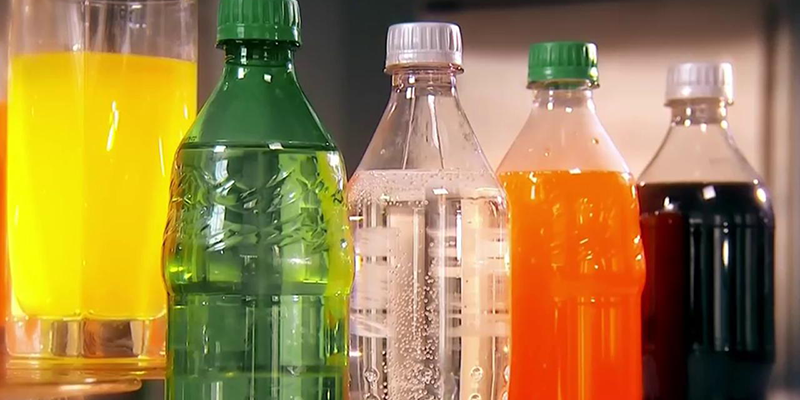
7 Drinking Chilled Drinks with Hot Food
We often believe that drinking chilled carbonated drinks with hot foods (like pho, rice noodles, or grilled meat) enhances the taste experience. However, the sudden change in temperature can reduce stomach activity and potentially damage teeth and gums.
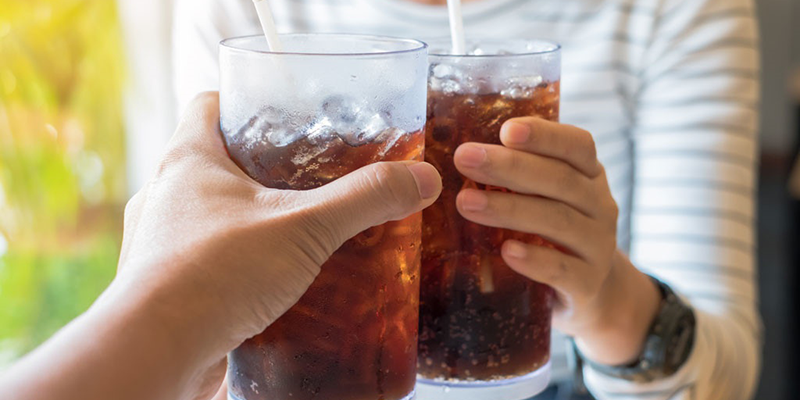
8 Drinking After a Full Meal
Right after a filling meal, it is advisable to refrain from drinking carbonated soft drinks. Doing so will put a lot of strain on your stomach, and the expansion of the stomach walls may even lead to stomach rupture, which is extremely dangerous.
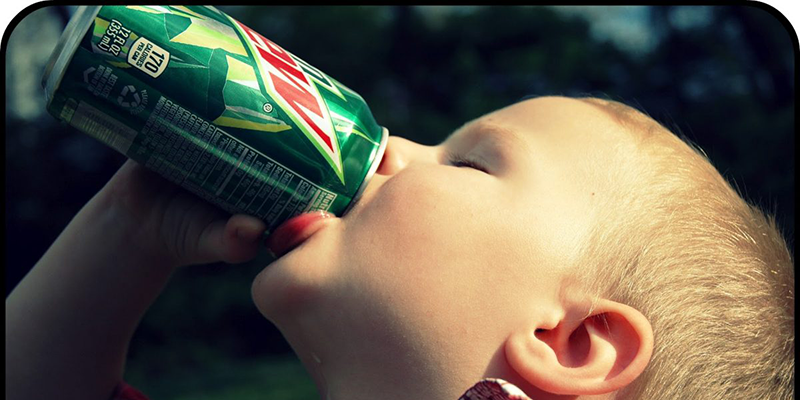
9 Consuming Products from Untrusted Sources or Counterfeit Goods
Carbonated soft drinks are among the most counterfeited and imitated products on the market. Due to their high consumption, some businesses prioritize profits over quality, producing inferior products that can harm your health. Therefore, when purchasing these drinks, opt for reputable sources or well-known brands to ensure better quality and safety.
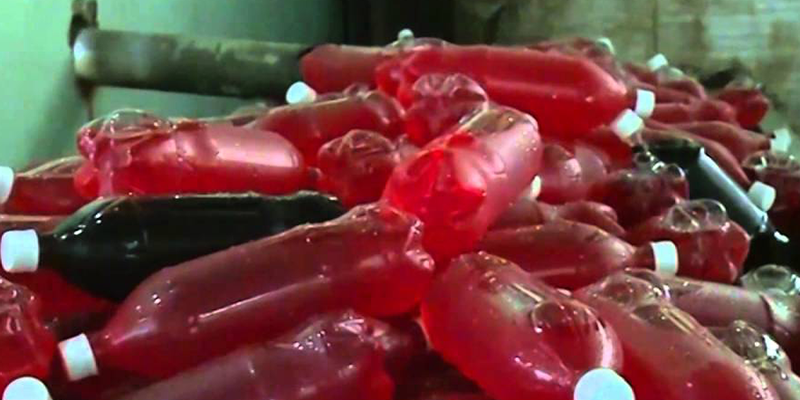
These are the specific precautions to keep in mind when consuming carbonated soft drinks. While they may taste good, it is important to limit your intake and not rely on them as a regular beverage. Instead, opt for healthier alternatives such as fruit juices, water, or tea. Thank you for reading, and we hope you found this information helpful!
































